43 drag each label into the appropriate position to match the tissue characteristic to its class.
Cell Membrane Transport | 6 Types with Examples - Study Read The cell membrane is a delicate organ of the cell which regulates the movement of substances into and outside the cell. The cell membrane transport occurs in two major ways like. 1. Passive transport. Passive diffusion. Facilitated diffusion. Osmosis. 2. Active transport. Screen Shot 2020-01-30 at 1.25.59 PM.png - Drag each label into the ... Albany State University BIOL BIOL MISC Screen Shot 2020-01-30 at 1.25.59 PM.png - Drag each label into the appropriate position to match the tissue characteristic to its class. Always Screen Shot 2020-01-30 at 1.25.59 PM.png - Drag each label... School Albany State University Course Title BIOL MISC Uploaded By watsin Pages 1 Ratings 100% (5)
4 Types of Tissues in Human Body and its Functions - Study Read The tissue consists of cells like fibroblasts, fat cells, macrophages, leukocytes, plasma cells, and mast cells. Their main role in the body is to. Protect. Transport and. Give Binding support. These are of many types like adipose tissues, reticular tissue, etc. This connective tissue is of different types as.

Drag each label into the appropriate position to match the tissue characteristic to its class.
Chpt. 1, 3, 24, and 9 HW - Weebly Drag each image to the appropriate location in the sequence. High Blood glucose levels Blood glucose becomes high --> Pancreas releases insulin -->Insulin binds to receptors on target cells --> cells take in glucose --> Blood glucose returns to normal 6. Drag the appropriate labels to their respective targets. (from left to right) drag each label to the correct location on the chart match the function ... There are four main types of tissue: muscle, epithelial, connective and nervous. Each is made of specialized cells that are grouped together according to structure and function. Muscle is found throughout the body and even includes organs such as the heart. Our outer layer of skin is epithelial tissue. Advertisement 24/7 unlimited tutoring sessions Assignment Essays - Best Custom Writing Services Get 24⁄7 customer support help when you place a homework help service order with us. We will guide you on how to place your essay help, proofreading and editing your draft – fixing the grammar, spelling, or formatting of your paper easily and cheaply.
Drag each label into the appropriate position to match the tissue characteristic to its class.. Drag and drop onto image question type - MoodleDocs Jun 9, 2022 ... You can then position the items on the background image and this will add their coordinates. Note:(1) Draggable images cannot be more than 150 x ... Match each characteristic with the appropriate hormone Drag Each Label Into The Appropriate Position To Match The Tissue Characteristic To Its Class. Muscular Tissue Nervous Tissue Excitable Cells That Are Cylindrical, Branching, Or Spindle Shaped Made Up Of Glandular Tissues Excitable Cells That... A&P Chapter 11 Nervous System 2 Homework - GraduateWay Drag and drop each label into the appropriate box, identifying which division of the autonomic nervous system is responsible for the given function. Label the general pattern of neurons and neurotransmitters associated with the autonomic nervous system. The medulla oblongata is continuous caudally with the Spinal cord Drag each label to the correct location on the chart.Match ... - Brainly.in Feb 4, 2019 ... Match the function to the type of tissue. provides structural support for the organs protects the skin from bacteria and other particles sends ...
Drag each label into the appropriate position to match the tissue ... Mar 9, 2022 ... Drag each label into the appropriate position to match the tissue characteristic to its class. Muscular Tissue Cells are sometimes ... Homework 2.docx - Homework 2 9.77 out of 10 1 0.28points Drag each ... 0.27 points Match the characteristic given to one of the types of muscles.1. Cells or fibers appear striated (banded) Both Cardiac and skeletal Muscle 2. Cells are large, long, and cylindrical, with many nuclei located at the periphery Skeletal Muscle 3. Pumps the bloodCardiac Muscle4. Moves the body Skeletal Muscle 5. McGraw Hill Education This site uses cookies. By continuing to browse this site you are agreeing to our use of cookies. Review use of cookies for this site... Solved > drag each label into the appropriate position to:277819 ... drag each label into the appropriate position to indicate whether each given item is related to carbohydrates, proteins, or lipids.... Drag each label into the appropriate position to match the tissue characteristic to its class.... Drag each label into the proper position to identify the type of bone cell described....
Chapter 5 Worksheet Flashcards | Quizlet Study with Quizlet and memorize flashcards containing terms like describe the four primary tissue types by clicking and dragging each word on the left into the appropriate blanks on the right, what are the four primary types of tissues, drag each label into the appropriate position to match the tissue characteristic to its class and more. Drag each label to the correct location on the chart. Sort the ... answered • expert verified Drag each label to the correct location on the chart. Sort the characteristics based on whether they describe volcanoes, earthquakes, or both. Earthquake- Volcano- Both- a. measured on the Richter scale b. lava comes out c. natural hazard d. caused by subduction d. forms a mountain e. occurs underwater Solved drag each label into the appropriate position to - Chegg drag each label into the appropriate position to match the tissue characteristic to its class Show transcribed image text Expert Answer 88% (17 ratings) Muscular tissue: 1. Provides movement of the body segments as well as movement through body. 2. Serves as a transitional tissue between two different tissue type. 3. Types of Tissues - Anatomy & Physiology - University of Hawaiʻi A synovial membrane is a type of connective tissue membrane that lines the cavity of a freely movable joint. For example, synovial membranes surround the joints of the shoulder, elbow, and knee. Fibroblasts in the inner layer of the synovial membrane release hyaluronan into the joint cavity.
Study Guide Chemical Reaction Answers Copy - s1.html Correctly label the following areas on a slide of skeletal muscle., Drag each label into the appropriate position to match the tissue characteristic to its class., Place the characteristics with. combustion | Definition, Reaction, Analysis, & Facts | Britannica combustion, a chemical reaction between substances, usually including
A&p test 2 Flashcards | Quizlet Drag each label to the appropriate image, matching the tissue characteristic to its class. Epilithial tissue always avascular; cells recieve nutrients from deeper tissue layers
PDF In this chapter, you will learn that - Pearson The endomysium(en″do-mis′e-um; "within the muscle") is a wispy sheath of connective tissue that sur- rounds each individual muscle fiber. It consists of fine areo- lar connective tissue. As shown in Figure 9.1, all of these connective tissue sheaths are continuous with one another as well as with the tendons that join muscles to bones.
Fillers for papermaking: A review of their properties, usage ... Another major class of calcium carbonate filler comes from chalk, a natural deposit formed from the shells of microscopic marine organisms (coccoliths) laid down 30 to 70 million years ago (Dunlop-Jones and Jaycock 1981). High quality chalk deposits are found in England, Denmark, France, and Belgium (Dunlop-Jones and Jaycock 1981).
Quiz #3 Study Guide Flashcards | Quizlet Study with Quizlet and memorize flashcards containing terms like Correctly label the following areas on a slide of skeletal muscle., Drag each label into the appropriate position to match the tissue characteristic to its class., Place the characteristics with the appropriate muscular tissue. and more.
Connect Homework Ch. 5 Flashcards | Quizlet Determine which connective tissue type each image below represents. Then click and drag the labels matching them up with the correct tissue type. Match each epithelial tissue type with its appropriate location in the body. Consider the two different ways that tissues can change. Then click and drag each scenario into the correct category.
Chapter 3 Cells And Tissues Worksheet Answers (2022) - s1.html Anatomy and Physiology of the Male Reproductive System Unique for its role in human reproduction, a gamete is a specialized sex cell carrying 23 chromosomes—one half the number in body cells. At fertilization, the chromosomes in one male gamete, called a sperm (or spermatozoon), combine with the chromosomes in one female gamete, called an oocyte.
ReaderUi ReaderUi
Classification of Joints - TeachMeAnatomy In this article, we shall look at the classification of joints in the human body. Classification by type of tissue: Classification by degree of movement: Fibrous - bones connected by fibrous tissue. Cartilaginous - bones connected by cartilage. Synovial - articulating surfaces enclosed within fluid-filled joint capsule. Synarthrosis ...
PDF Practice Quiz Tissues - Portland Community College Bundle of collagen fibers running parallel to each other. Identify the tissue type and a location where it is found. Dense Regular Connective ... Identify the tissue type and its function. Dense Regular Connective •Provides strong attachment between structures that have Tissue forces pulling in one direction.
AHCD1010HWSOL4.pdf - 4. Award: 1.00 point Problems? Adjust... Adjust creditfor all students.Drag each label into the appropriate position to match the tissue characteristic to its class.Explanation:Even though trillions of ...
Drag Each Label Into The Appropriate Position To Match The Tissue ... Drag Each Label Into The Appropriate Position To Match The Tissue Characteristic To Its Class. Muscular Tissue Nervous Tissue Excitable Cells That Are Cylindrical, Branching, Or Spindle Shaped Made Up Of Glandular Tissues Excitable Cells That Are Cylindrical, Branching, Or Spindle Shaped Includes Excitable Cols With Numerous Cellular Extensions Connecting
Solved Tissue class characteristics Drag each label into the - Chegg Muscular tissue- 1) Provides movement of the body segments as well as movements through the body 2) Excitable cells that are cylindrical, branching or spindle shaped 3) Heavily vascularized, which denotes high rate … View the full answer
Solved > Drag each label into the appropriate position to:277818 ... drag each label into the appropriate position to indicate whether each given item is related to carbohydrates, proteins, or lipids.... Drag each label into the appropriate position to match the tissue characteristic to its class.... Drag each label into the proper position to identify the type of bone cell described....
Five Kingdom Classification: Kingdoms, Features, Examples - Toppr-guides Answer: R. H. Whittaker proposed the five kingdom classification. The five kingdom classification are- Monera, Protista, Fungi, Plantae and Animalia. The organisms which are placed under the kingdom Animalia are heterotrophic and depend on the other organisms for food. These are eukaryotic organisms with well-developed organelles.
Anatomy and Physiology Lab I Physiology laboratory course (CBIO2200L) at the University of Georgia (GA, ... Label each of the following drawings of cells in different stages of mitosis ...
anatomy lecture exam 1 Flashcards | Quizlet Study with Quizlet and memorize flashcards containing terms like A positive feedback loop causes a self-amplifying cycle in which a physiological change leads to even greater change in the same direction., A negative feedback loop is a process in which the body senses a change and activates mechanisms to reverse that change., What ovarian hormone is involved in a positive feedback loop with ...
Solved Drag each label into the appropriate position to | Chegg.com Transcribed image text: Drag each label into the appropriate position to match the tissue characteristic to its class. Muscular Tissue Cells are sometimes ...
Connective tissue: characteristics, functions and types Function of connective tissue: It binds various tissue together like skin with the muscles and muscles with bones. It form inter cellular substance between cells of different types of tissue, so that help in friction less movement of the body organ. It forms sheaths around the body organs and make a kind of packaging tissue.
Nervous Tissue - Characteristics, Structure, Function - BYJUS Nervous or the nerve tissue is the main tissue of our nervous system. It monitors and regulates the functions of the body. Nervous tissue consists of two cells: nerve cells or neurons and glial cells, which helps transmit nerve impulses and also provides nutrients to neurons. Brain, Spinal Cord, and nerves are composed of nervous tissue, they are specialized for being stimulated to transmit ...
Drag each label into the appropriate position to match the tissue ... Answer 1. Muscular tissue. Excitable cells that are cylindrical, branching, or spindle shaped 2. Nervous tissue. Includes excitable cells with numerous cellular extensions connecting adjacent cells to one another. 3. Epithelial tissue. Cells are sometimes well adapted for secretory and / or absorptive function.
Assignment Essays - Best Custom Writing Services Get 24⁄7 customer support help when you place a homework help service order with us. We will guide you on how to place your essay help, proofreading and editing your draft – fixing the grammar, spelling, or formatting of your paper easily and cheaply.
drag each label to the correct location on the chart match the function ... There are four main types of tissue: muscle, epithelial, connective and nervous. Each is made of specialized cells that are grouped together according to structure and function. Muscle is found throughout the body and even includes organs such as the heart. Our outer layer of skin is epithelial tissue. Advertisement 24/7 unlimited tutoring sessions
Chpt. 1, 3, 24, and 9 HW - Weebly Drag each image to the appropriate location in the sequence. High Blood glucose levels Blood glucose becomes high --> Pancreas releases insulin -->Insulin binds to receptors on target cells --> cells take in glucose --> Blood glucose returns to normal 6. Drag the appropriate labels to their respective targets. (from left to right)


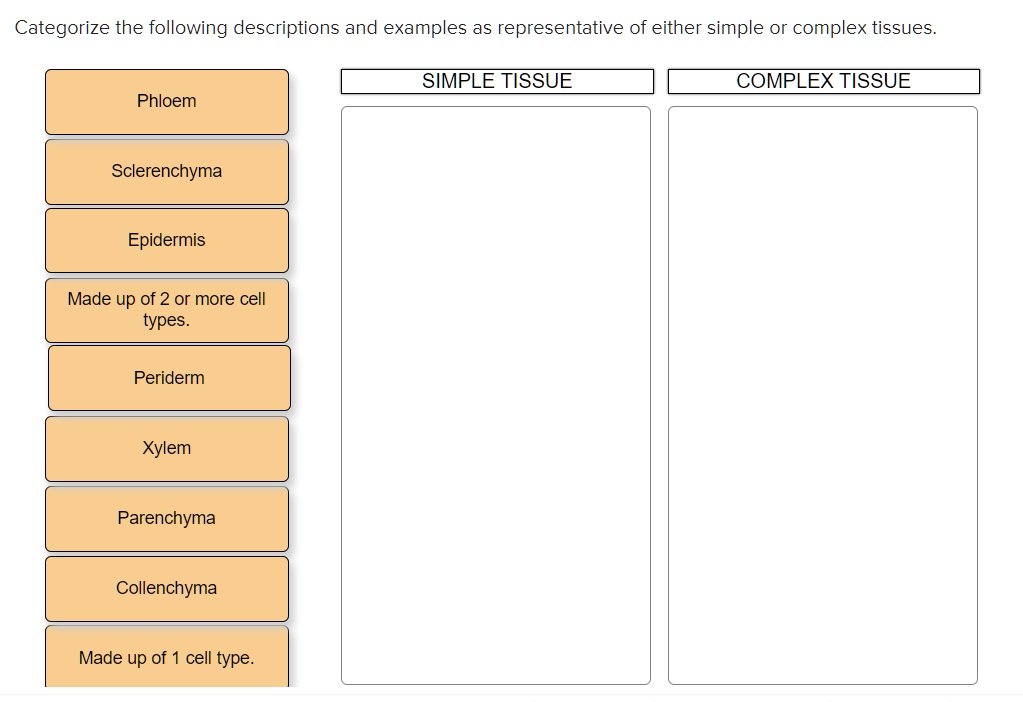





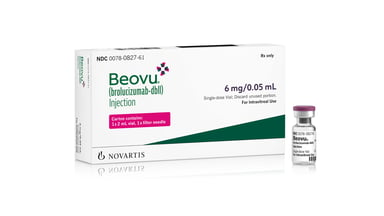
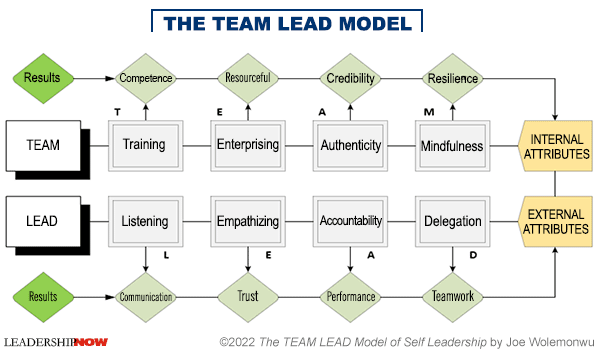









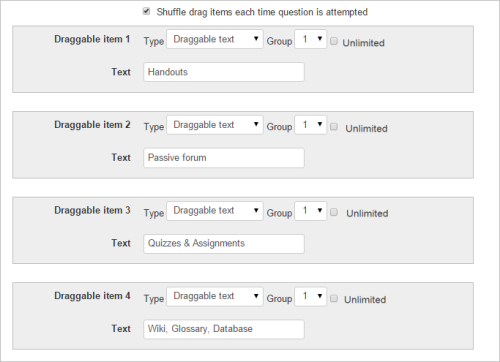


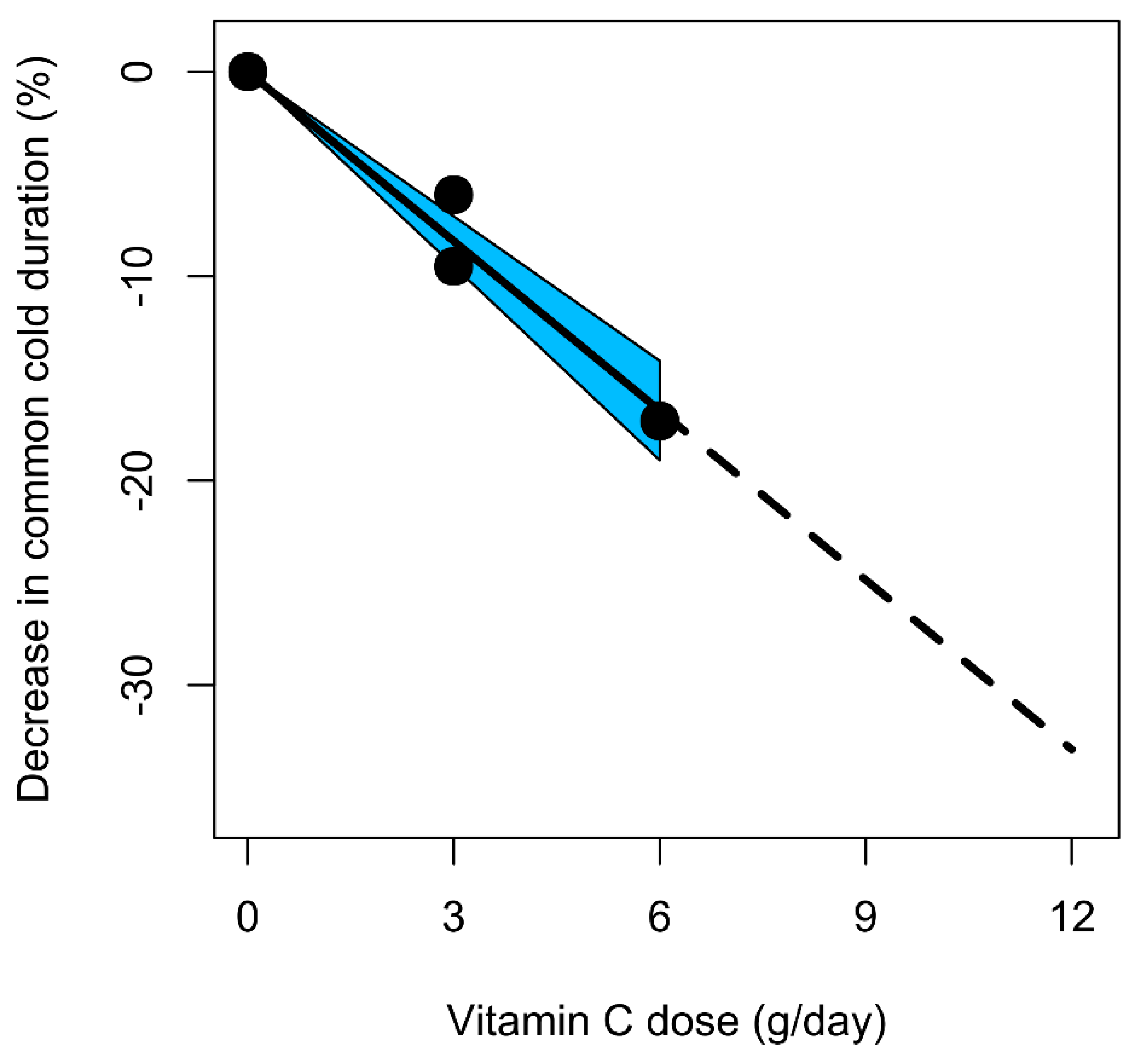
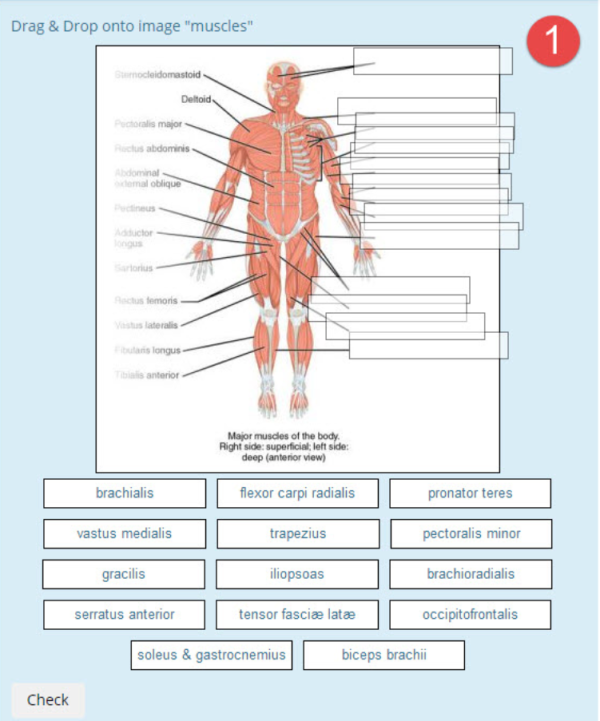

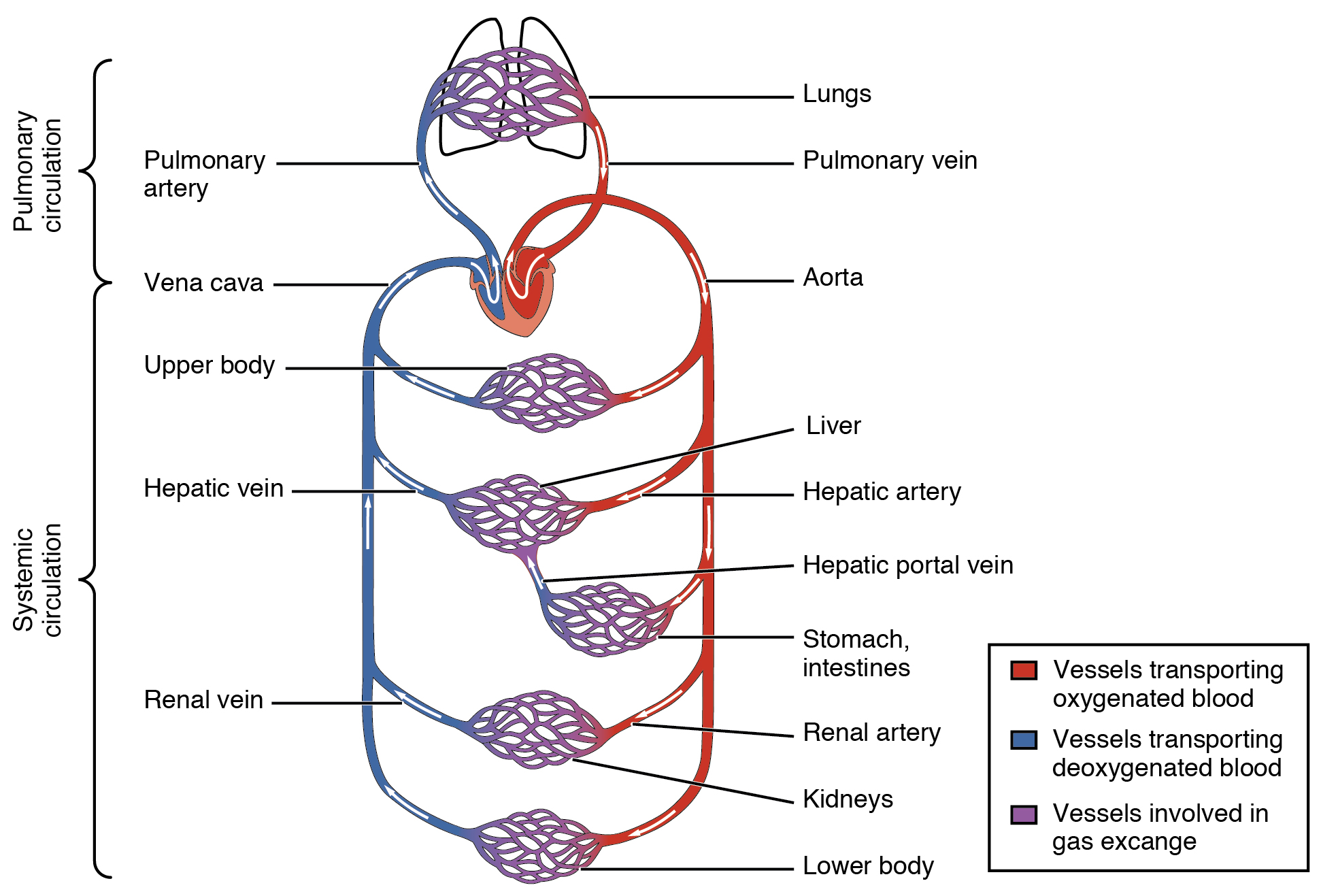


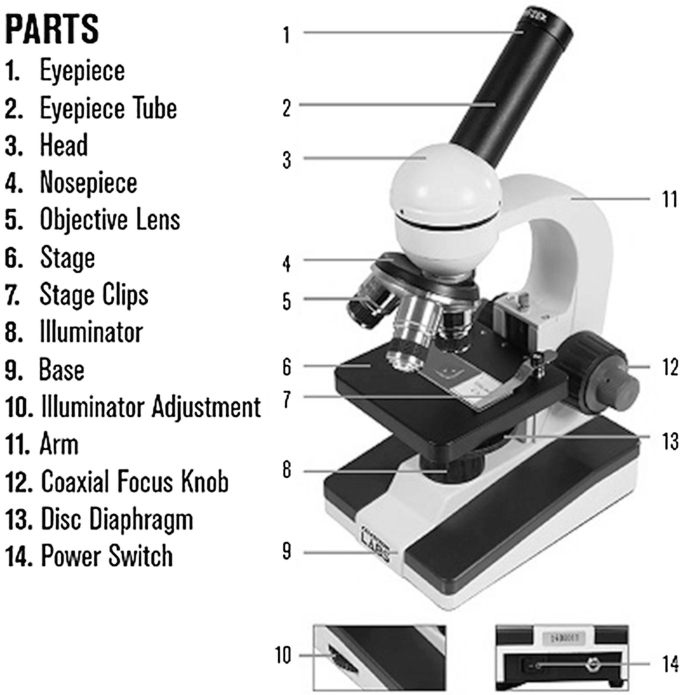

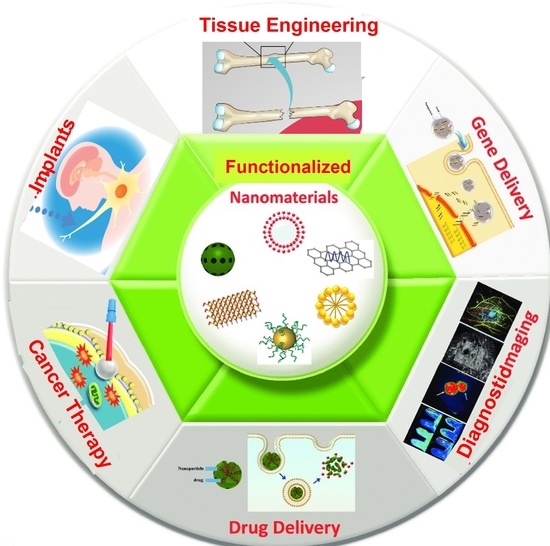


Post a Comment for "43 drag each label into the appropriate position to match the tissue characteristic to its class."